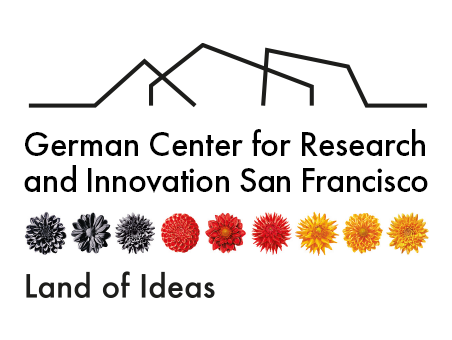Transatlantic Big Science Conference

The Transatlantic Big Science Conference aspires to create opportunities to renew and reinvigorate historic collaborations between scientists and organizations on both sides of the Atlantic and to empower transnational research communities to pursue transformational, sustainable solutions to global grand challenges. DWIH San Francisco will hold a thematic table at the conference.
Context and Key Questions
Internationalization is one of the core missions of universities worldwide. The excellence of research is based on interdisciplinarity, diversity, and cross-segmental collaborations, which are fostered and accelerated through internationalization.
In view of recent geopolitical upheavals, international scientific cooperation has undergone rapid changes and faces new challenges. Against this backdrop, research security has become a matter of national security. In June 2023, Germany’s Federal Government adopted a National Security Strategy that offers an “integrated” concept of security as a centerpiece of its scope. The strategy emphasizes the role of science and research and their importance as the basis for Germany’s innovative strength and technological sovereignty.
For universities and research institutions, it is, therefore, of central importance to review existing or future international collaborations. The German Academic Exchange Service (DAAD), and more specifically its central coordination point for international academic collaboration, KIWi, has played a significant role in promoting exchange and peer learning and establishing guidelines for German universities on how to deal with security risks while fostering internationalization on a structural, institutional, and research level.
The DAAD’s position is that international exchange and academic and research cooperation should be interest-orientated, value-based, and risk-reflective. This requires, among other things, being sensitized to risks and knowing how to minimize them in practice.
De-risking concerns in Germany must be considered in the context of open science, university autonomy, and academic freedom—all of which are highly prized under the country’s federal structure and anchored in the German constitution. At the same time, the legality and viability of de-risking measures can be legitimately threatened by a diverse level of protection at the EU level, especially in the Schengen open borders area. De-risking procedures may be more consistent and reliable if the European Research Area (ERA) was subject to proposed rules for a similar degree of protection.
What does this mean for universities and Research Institutions in practice? How can institutions learn from each other on a national, European, and transatlantic level? What impact do different approaches to Security Issues have among European partners and on transatlantic cooperations in HE? How can political ambitions, internationalization missions, and security concerns be prioritized, balanced, and communicated?
This international thematic table aims to bring together German, European and North American perspectives and discuss European and transatlantic approaches, best practices and strategies to learn from each other, define common interests and foster strong attitudes towards reflective recommendations for action.
Panelists

Alexandra Rosenbach is the International Affairs Manager/Deputy Head External Affairs at the Helmholtz Association.Alexandra Rosenbach

Jessa Albertson is the Director of the Global Engagement Review Program at Stanford University. This program addresses issues of undue foreign influence by reviewing international research engagements to assess and mitigate risk while supporting Stanford’s mission and values – including openness in research, nondiscrimination and academic freedom. Prior to joining Stanford, Jessa was the Director of the Office of Secure Research at the Ohio State University where she was responsible for managing issues related to improper foreign influence, export control and classified research compliance. Jessa has over 10 years of experience managing complex compliance requirements in a university setting and is a member of several national organizations and committees, including the U.S. State Department’s Defense Trade Advisory Group (DTAG), the Association of University Export Control Officers (AUECO, member emeritus), and Academic Security and Counter Exploitation Program working groups.Jessa Albertson

Martha Wallace is Director of Research Security at the University of Calgary.Martha Wallace

Rosa Lokenberg is the Research Security Coordinator at the Royal Netherlands Academy of Arts and Sciences.Rosa Lokenberg

Anne Wiegmann is an International Relations Officer focusing on EU member states, UK, Switzerland, USA, and Canada at the Forschungszentrum Jülich.Anne Wiegmann
Event Information
June 27, 2024, 2:00 PM to 3:15 PM
Steigenberger Hotel Am Kanzleramt, Berlin, Germany
Organizer(s): Transatlantic Big Science Conference
